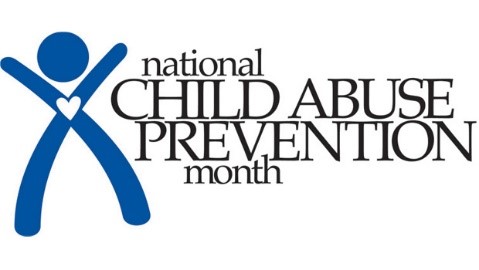How to Spot the Warning Signs of Child Abuse
 For most of us, home is somewhere we are excited to return to at the end of the day. It is a place where we feel loved, respected, and safe to be ourselves. But for many children, being at home is not a comfort. Millions of children live in situations where they are afraid to go home too. But what can you do to help? Many people only look for signs of physical abuse when there are other common forms of abuse to be equally concerned about. A lot of abusers take steps to cover their actions, so how can you recognize abuse in its various forms? In this article, we will delve into the most common kinds of abuse to give you a better understanding of how to recognize the warning signs of child abuse.
For most of us, home is somewhere we are excited to return to at the end of the day. It is a place where we feel loved, respected, and safe to be ourselves. But for many children, being at home is not a comfort. Millions of children live in situations where they are afraid to go home too. But what can you do to help? Many people only look for signs of physical abuse when there are other common forms of abuse to be equally concerned about. A lot of abusers take steps to cover their actions, so how can you recognize abuse in its various forms? In this article, we will delve into the most common kinds of abuse to give you a better understanding of how to recognize the warning signs of child abuse.
- Physical abuse: Physical abuse is the easiest to identify because the child will have visible symptoms. To help determine if a child is being harmed by someone in their life watch out for frequent signs of:
- bruising
- burns
- bite marks
- broken bones
Of course, children are children and they tend to hurt themselves while playing. But pay attention to how frequently they have these injuries. If they constantly have injuries that have no explanation, or the explanation they offer does not make sense, then there may be cause for alarm.
- Emotional Abuse: Emotional abuse often comes in the form of constantly berating or belittling a child until it injures their self-esteem and overall emotional well-being. It might get overlooked because there is no immediate physical danger to the child, but it can have long term effects on a child’s social and emotional development. It can be difficult to recognize the signs because volatile emotions are often part of growing up, but these symptoms may be cause for alarm:
- The child is constantly worried about doing something wrong.
- They seem isolated from their parents.
- They have poor social skills and no friends.
- They frequently show aggression towards other children.
- They show signs of depression and have low self-esteem.
- They perform poorly in school.
Another thing to remember is that children suffering physical abuse at home will very often present these symptoms as well. Physical and emotional abuse often go hand in hand.
- Sexual Abuse: Sexual abuse is any inappropriate sexual contact with a child. It can be hard to spot when you are not a primary caregiver. However, it is still important to be aware of the physical signs of sexual abuse, such as discomfort and unexplained bleeding in the genital area. But even if you are not a primary guardian, there will still be behavioral issues that can clue you into the fact that something is not right. These include:
- They have knowledge of sexual topics you would not expect them to know at their age.
- They show excessive worry and fearfulness, especially when alone with specific people.
- They try to avoid removing their clothing to change outfits or bathe.
- They experience frequent nightmares and are afraid of being alone at night.
- They fall back into behaviors they have grown out of, such as thumb sucking.
What can I do to help?
These are only some of the symptom’s children suffering from abuse might present. It is important to be vigilant and trust your instincts, especially if any of this behavior appears suddenly where there were no previous issues. If you feel like something is wrong, talk to the child. It can be hard for victims of abuse to come forward because they often feel ashamed of what is happening to them. But be sure to always have the conversation away from anyone who might be a potential abuser. Remember, children who suffer abuse do not understand why it is happening to them, and they often blame themselves.
Call the 24-hour Child Abuse Hotline at 800-25-ABUSE (800-252-2873) if you suspect that a child has been harmed or is at risk of being harmed by abuse or neglect. If you believe a child is in immediate danger of harm, call 911 first.
This article was contributed by: By Rita Rippentrop, Licensed Clinical Professional Counselor, Stenzel Clinical Services
Tags: #childabuse, #childabuseprevention, #childabusepreventionmonth, #emotionalabuse, #parishnurse, #physicalabuse, #sexualabuse

Comments are closed here.